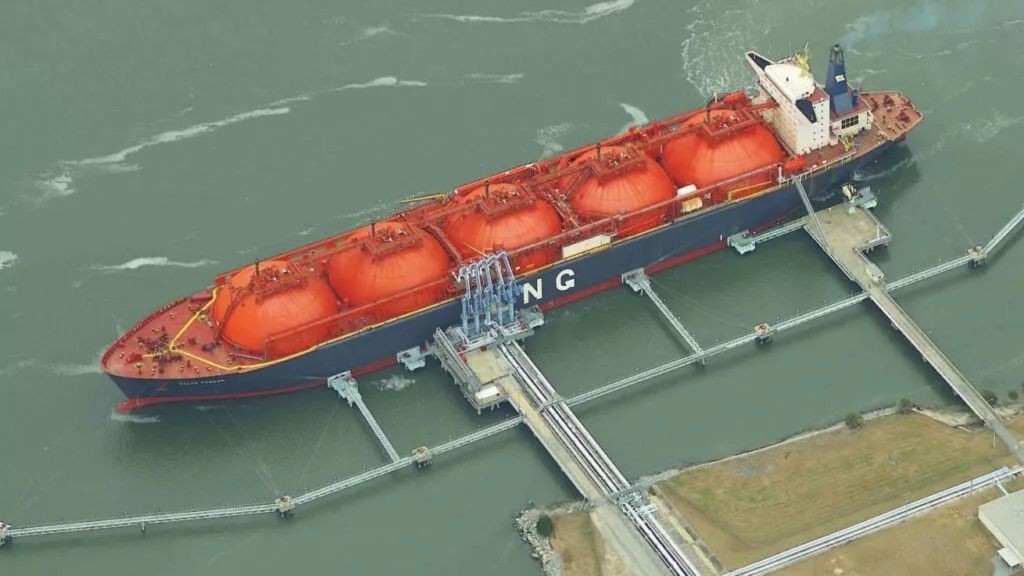The House Audit Committee’s examination of the Auditor General’s report on the LNG terminal project in Vasilikos has cast new light on the sequence of events that led to the selection of the Chinese company CPP for the construction of the terminal during 2018-19.
The discussions are anticipated to shed more light on the details of what transpired during this period.
Recent revelations have emerged from a letter, made public by MP Eirini Charalambidou, penned by the then Auditor General to the then chairman of Natural Gas Public Company (DEFA) – Natural Gas Infrastructure Company (ETYFA). The letter unequivocally states that the concerns raised about the tender’s evaluation and award process were not unfounded criticisms by the Auditor General.
The letter asserts, “the issues (irregularities, illegalities, or whatever else) in the evaluation and awarding of the tender were not peculiarities of the Auditor General.”
It further highlights that the Auditor General, the principal authority on public contracts, had also repeatedly raised serious concerns regarding the process.
Adding to the controversy, another document from that period has surfaced, which does not bear a confidential status but raises further questions about the diligence with which state officials managed one of Cyprus’s most significant projects in terms of cost and energy-economic value.
The document includes a letter from a Republic prosecutor and a senior Republic lawyer, written on behalf of the then Attorney General, to the then-general director of the Ministry of Energy, dated December 10, 2019.
This correspondence followed closely on the heels of a pivotal meeting at the Presidential Palace on November 22, 2019, where President Anastasiades reportedly gave the green light for the contract’s signing with CPP, disregarding the substantial reservations expressed by the Auditor General.
The prosecutor and senior lawyer, in their letter, addressed several concerns raised by the general director, stemming from an initial communication by the Auditor General.
A particularly contentious point was the perceived risk of “exposing the Republic to claims,” attributed to the alleged mismanagement by DEFA and potential ministry officials. The letter suggests, “even if claims arise, they would not be directed against the Republic but against DEFA and ETYFA,” indicating a potential shifting of legal and financial responsibilities away from the state.
This stance was further complicated by the Law Office’s opinion, which seemed to absolve the Cypriot Republic of direct involvement or responsibility in the tender process managed by ETYFA. This is in stark contrast to the understanding that the state, represented by ETYFA and DEFA, both state-owned entities, would naturally bear the ultimate responsibility for such a significant national project, particularly one co-financed by the European Union.
Moreover, despite attempts by the Law Office to distance the state from the tender’s procedural irregularities, it was forced to acknowledge in another section of the letter that the responsibility for adhering to the grant agreement with the EU’s INEA, involving a substantial 101 million euros, rested squarely on the shoulders of the Cypriot Republic.
The culmination of these revelations came in a statement within the letter, asserting that during a meeting at the Presidential Palace, “it was directly stated by the Minister of Finance that the project would be implemented, regardless of securing the above-mentioned financing.”
Read more:






